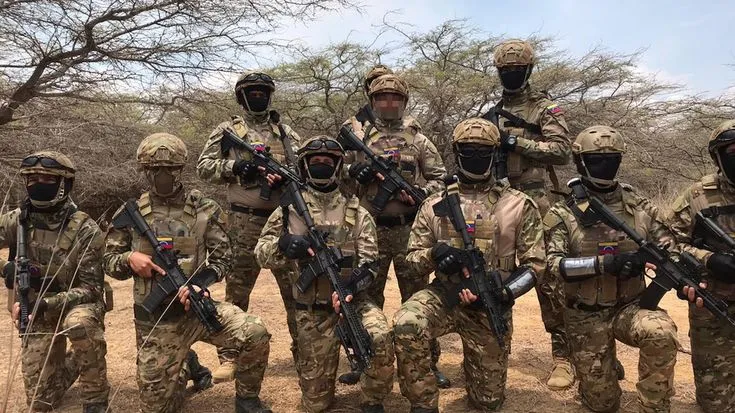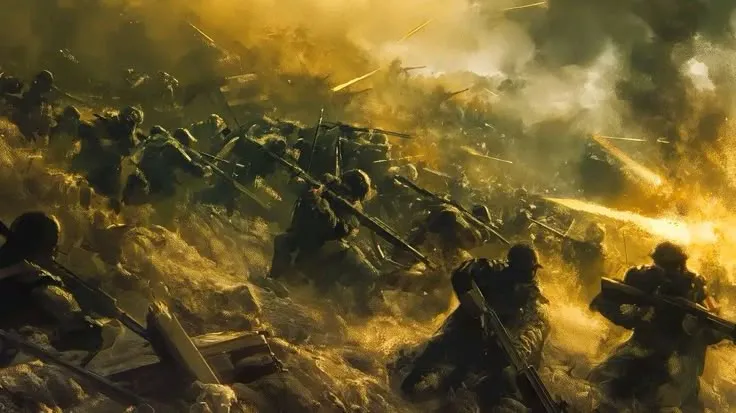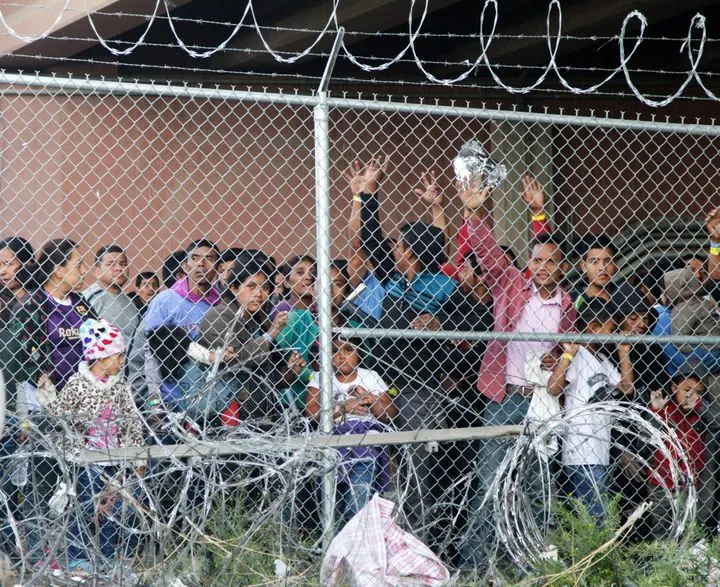The Venezuelan Precedent in Hybrid and Lawfare Strategies
An exploration of Venezuela's role in pioneering hybrid warfare and Lawfare, shaping authoritarian tactics across the globe.

The Venezuelan Precedent in Hybrid and Lawfare Strategies
The origins of hybrid warfare and its Lawfare variant can be traced back to Venezuela. Following the contested 2004 recall referendum, Hugo Chávez declared the "New Stage, New Strategic Map of the Bolivarian Revolution," introducing a framework for asymmetric and hybrid warfare. This strategy included internal consolidation of power and external alliances to undermine perceived imperialist threats.
Key Components of Chávez’s Hybrid Strategy:
- Military-Civil Integration: Chávez emphasized the formation of a “civil-military unity” to mobilize the population for national defense. This included the creation of military reserves and training civilians in guerrilla-style tactics. Mayors were instructed to identify local “patriots” to join these reserves, preparing for roles as riflemen, snipers, or grenade launchers.
- Guerrilla Warfare and Regional Alliances: Venezuela formed alliances with groups like Colombia’s FARC and other Latin American forces, emphasizing the need to adopt guerrilla strategies for defense against external threats.
- Control of Media and Information: Chávez recognized the power of media and narratives in hybrid warfare. He instructed the development of propaganda efforts targeting the United States to counter imperialist narratives and influence public opinion globally. The Venezuelan government, with Cuba’s assistance, also invested in digital infrastructure to manipulate electoral data and communication networks.
Lawfare: A Legal Framework for Political Repression
Parallel to hybrid war strategies, Venezuela institutionalized the use of courts to suppress dissent. This practice of “judicializing” political opponents began with the dismissal of all judges in 1999, replacing them with regime-aligned appointees. Lawfare in Venezuela aimed to:
- Legitimize Authoritarian Rule: Laws were rewritten or interpreted to validate unconstitutional actions, such as indefinite re-election and suppression of protests.
- Criminalize Opposition: Political leaders were accused of fabricated crimes, including corruption and treason, to neutralize their influence.
The Global Influence of Venezuelan Strategies
The methods pioneered in Venezuela have inspired similar practices worldwide: In Bolivia, Evo Morales adopted asymmetric tactics and judicial strategies to silence critics. Nicaragua has witnessed the complete erosion of judicial independence under Daniel Ortega. In Mexico, efforts to control the electoral system mirror Venezuelan approaches to securing indefinite power.
These strategies, rooted in deceit and manipulation, have destabilized democratic norms across the Americas. By weaponizing legal systems and leveraging hybrid warfare tactics, these regimes undermine the rule of law while maintaining the facade of democratic governance.
Broader Implications for Democracy and Human Rights
The erosion of judicial independence and democratic principles is not limited to Venezuela. Countries like El Salvador, where judicial oversight has been dismantled to enable authoritarian policies, reflect a regional trend. These developments highlight two alarming realities:
- Judicial Systems as Tools of Oppression: Courts are increasingly co-opted to persecute political opponents and legitimize authoritarian control.
- The Death of Objective Truth: Hybrid warfare and Lawfare thrive in a post-truth era, where the line between legality and illegality is deliberately blurred, confusing public judgment and eroding trust in institutions.
The Role of Lawfare in Global Politics
The judicialization of political conflicts through Lawfare has become a global phenomenon, with examples spanning continents and ideologies. Below are emblematic cases that demonstrate the pervasive use of Lawfare to manipulate political landscapes:
- Latin America:
- Argentina: Cristina Fernández de Kirchner faced judicial processes linked to money laundering through family businesses and alleged involvement in covering up the AMIA bombing, which targeted a Jewish community center in Buenos Aires. The investigation also included the suspicious death of prosecutor Alberto Nisman.
- Ecuador: Rafael Correa was implicated in corruption scandals tied to Odebrecht, a Brazilian company whose illicit dealings extended to multiple Latin American countries.
- Brazil: Lula da Silva was similarly embroiled in the Odebrecht case, accused of accepting bribes to secure government contracts.
- United States and Europe:
- United States: Donald Trump faced accusations of conspiracy to overturn the 2020 election results. Additionally, his links to financial support from progressive entities backing prosecutors raised questions about judicial impartiality.
- France: Marine Le Pen was charged with misusing European Parliament funds, allegedly redirecting them to her party's operations in France.
- Spain: Political negotiations involving Pedro Sánchez’s government have included controversial legal reforms that critics describe as self-serving attempts to secure power.
- Guatemala: The newly elected leaders, Bernardo Arévalo de León and Karin Larisa Herrera, faced judicial attacks intended to delegitimize their electoral victory, highlighting the use of Lawfare to obstruct democratic processes.
Related Articles

Judicial Deceit and the Judicialization of Political Participation
An analysis of hybrid warfare and Lawfare in the 21st century, focusing on judicial manipulation and political deceit.

Key Contemporary Concepts: Hybrid War and Lawfare
An analysis of hybrid warfare and lawfare as strategic tools used in modern conflicts, focusing on their implications in global politics.

The Venezuelan Precedent in Hybrid and Lawfare Strategies
An exploration of Venezuela's role in pioneering hybrid warfare and Lawfare, shaping authoritarian tactics across the globe.


